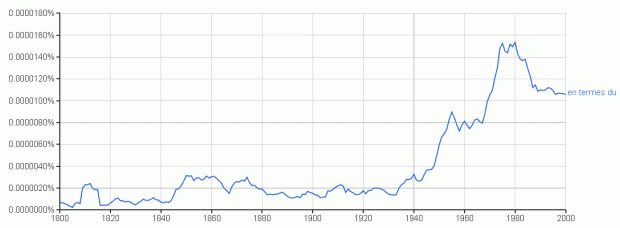True story. I saw a copy of Rub Out the Words (2012) on a library shelf. It’s a collection of letters by core counter-cultural colossus William S. Burroughs. I pulled the book off the shelf, opened it, and began to search for a hit of heresiarchal heroin. Exactly 23 seconds later, my eyes fell on this phantasmagoric phraseology:
I do not think a writer should be called upon to defend his work in terms of a legal system that dates back to the middle ages.
I was stunned. Exactly 23 seconds. Well, I didn’t actually time it, but it would have been exactly 23 seconds if you choose the right base. And it was round-about 23 seconds in base 10. So I think reality was trying to tell me something: that Burroughs was part of the Hive Mind. He used a toxic term that good writers shouldn’t use – never, nunca, nohow, nowhere.
And it wasn’t the sole example in the book, I have since learnt. Here, then, are my suggestions for how Burroughs should have rubbed out the offending words and replaced them with something shorter and less vague (the final two examples are by the book’s editor and by someone Burroughs is quoting):
• I do not think a writer should be called upon to defend his work in terms of a legal system that dates back to the middle ages. → in a legal system
• All this is quite possible in terms of existing techniques. → with / by existing techniques
• I am not talking in terms of a thousand years. I am talking in NOW terms. → not talking of a thousand years. I am talking NOW.
• I am thinking in terms of the no-paying far-out magazines like Yugen and Kulchur. → thinking of / about no-paying far-out magazines
• When two or more letters covered the same ground, I selected the best in terms of quality of writing and completeness of thought. → in quality of writing
• Mr Burroughs writes enthusiastically about apomorphine treatment but I do not feel his enthusiasm is justified in terms of published results. → by published results
Okay, there are a lot of letters in the collection and Burroughs himself used “in terms of” only four (or five) times, which isn’t too bad. However, each use is an echt Guardianism, so Burroughs was undoubtedly a victim of the Conqueror Term, like millions of others, then and now. But it isn’t only English-speakers who can be victims of the Conqueror Term: it has infected usage in French too. This is from a speech by the new French president Emmanuel Macron:
… c’est ensuite les routes des trafics multiples qui nécessitent des réponses aussi en termes de sécurité et de coordination régionale … – Emmanuel Macron empêtré dans une folle polémique, Mediaguinee, 10/vii/2017.
… it is then the roads of multiple trafficking which also require answers in terms of security and regional coordination … – French President Emmanuel Macron is in the middle of a social media firestorm, Vox, 10/vii/2017.
The French and English can be shortened in the same way:
• des réponses aussi en termes de sécurité → des réponses aussi en sécurité
• answers in terms of security → in security
Macron, as you’d expect, is part of the Hive Mind too. He and many other Francophones have succumbed to the Conqueror Term, as you can see from these graphs at Google nGrams (“en termes du” behaves in an interesting way):

En termes de

En termes du
But there are termicides in French too:
Attention, on confond souvent la signification de “en termes de”. Cette expression signifie « dans le vocabulaire de », « dans le langage de » et ne veut pas dire « en ce qui concerne », « en matière de », « sur le plan de ». Cette confusion est sûrement due à l’expression anglaise “in terms of” qui elle a le sens de “en matière de”. Faut-il écrire “en termes de” ou “en terme de” ?, La Langue Française, Nicolas Le Roux, août 31, 2015.
Take care: people often confuse the meaning of “en termes de”. This expression means “in the vocabulary of”, “in the language of”, and does not mean “in what concerns”, “in the matter of”, “after the form of”. This confusion is surely due to the English expression “in terms of”, which has the sense of “in the matter of”. (My translation, so not reliable)
Things were worse than I thought. Pero… ¡La lucha continúa!
Elsewhere other-posted:
• The Conqueror Worm — the title of the incendiary intervention above is of course a reference to the famous poem by Edgar Allan In Terms Of Poe
• Paradigms Loused








